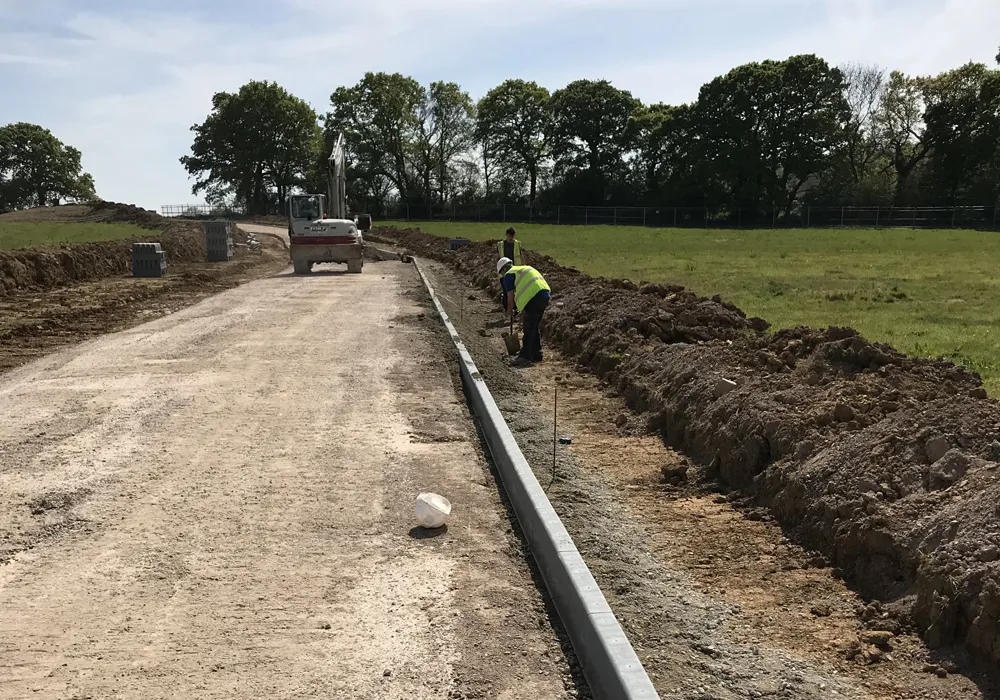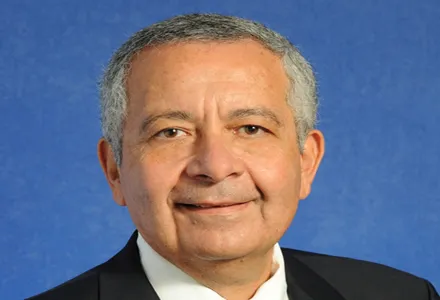SWARCO Traffic is teaming up with the Institute of Highway Engineers (IHE) to sponsor professional training. The firm is sponsoring the IHE Professional Certificate in Traffic Signal Control. This two-part course is designed to boost the knowledge and understanding of traffic control schemes for industry professionals.
The sponsorship is helping cut the cost for delegates to attend the course, which is being held at NAL, Worcester. The aim of this is to encourage more within the industry to attend. Part
February 10, 2017
Read time: 2 mins
The sponsorship is helping cut the cost for delegates to attend the course, which is being held at NAL, Worcester. The aim of this is to encourage more within the industry to attend. Part one will be held between 22nd and 23rd March and will provide delegates with a broader knowledge and general understanding of the sector. Meanwhile part two, held on 9th and 10th May, will give delegates the technical knowledge they require for quality installations and maintenance.
Cherrie Ouerghi, Events Coordinator at the IHE, said, “With SWARCO’s sponsorship we can continue training a larger number of delegates and support the future of our industry.”
At the end of the course, delegates will have one year to complete the Professional Certificate, applying the knowledge acquired to pass key competencies such as risk assessment, site acceptance, safety audit, electrical design consideration and signal specification and installation. The assignments will be structured to allow candidates to submit this as a Technical Report in their submission towards Engineering Council Professional Registration – i.e. Incorporated Engineer IEng or Engineering Technician EngTech.








